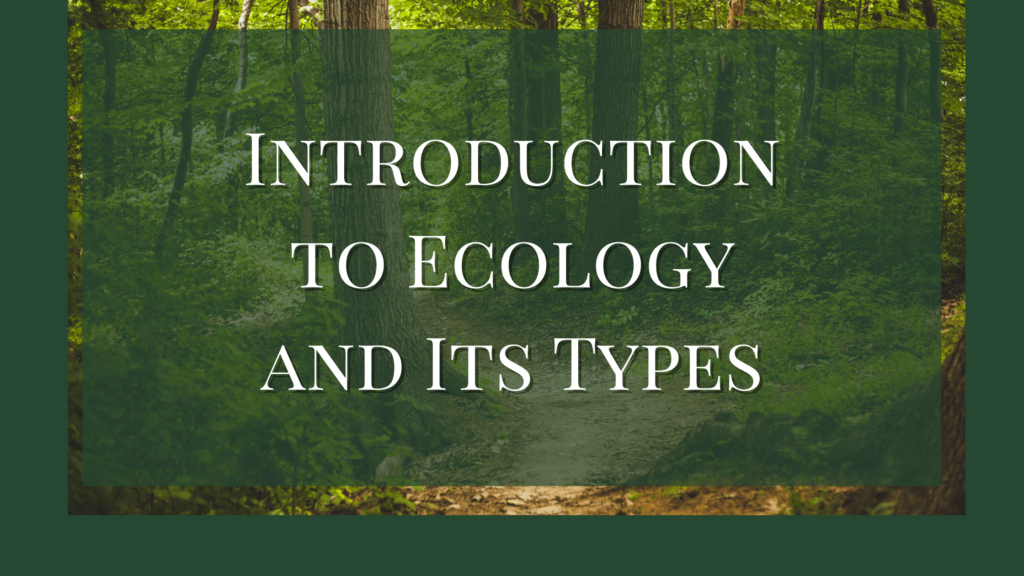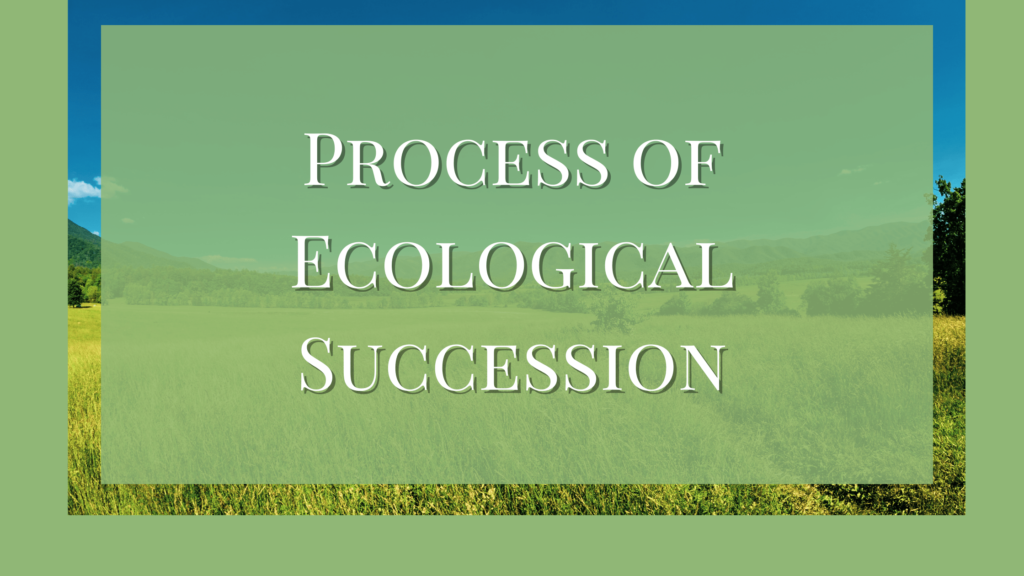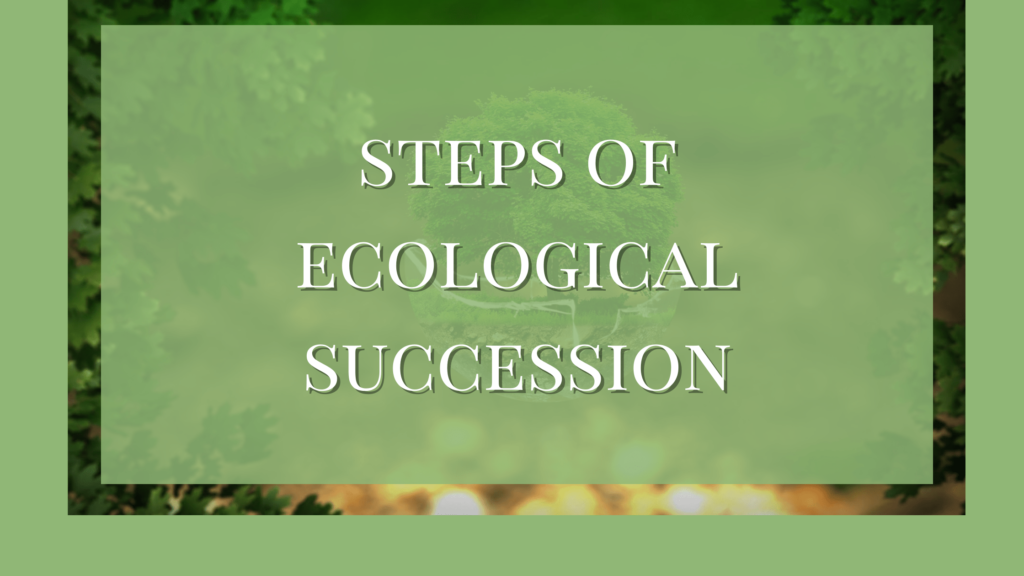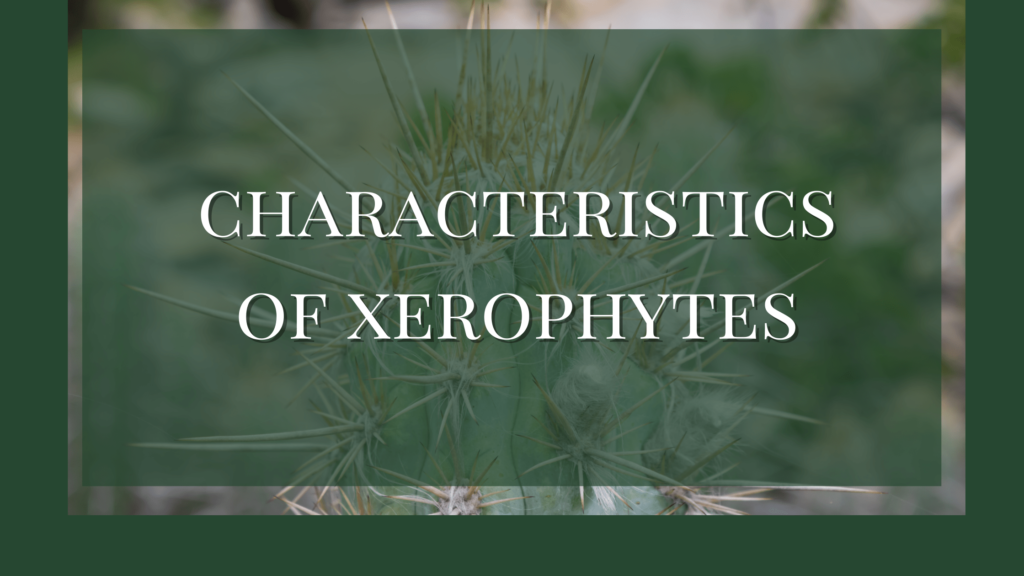Ecology is the study of the relationship of organisms (plants and animals) to each other and their nonliving environment. Environmental biology is a modern term for ecology.
Introduction to Ecology
The term Ecology was proposed by Reiter (1868) and it comes from the Greek word “Oikos” which means home or surroundings and “Logos” meaning discourse or study. In other words, it means the organism’s home is its environment. Thus ecology means the study of living organisms.
Ecology deals with the effects of various environmental factors on the distribution and growth of individual organisms as well as their relationship with each other.
All of these factors are important since the growth, behavior, and life history of an organism are influenced by its environment. There is a constant interaction between organisms and the environment. It is difficult to isolate an organism from its environment.
Definition of Ecology
Ecology refers to the branch of biology that deals with the relationship between abiotic and biotic components and between the different types of biotic components in an ecosystem. Here, the individuals interact with each other and with their surroundings by transferring energy and matter.
The surroundings of an organism constitute its environment. It includes the physical, chemical, and biological factors around it. The factors in the living environment are both living or biotic and non-living or abiotic factors.
The biotic factors include plants and animals living around an organism. The abiotic factors include soil, water, temperature, light, pressure, etc.
Thus the interactive systems or communities interrelate with their environment to form a functional system called the ecosystem.
- According to Earnest Hackel, the definition of ecology is “ the study of the reciprocal relationship between living organisms and their environment”.
- Odum defines ecology as the “study of structure and function of nature”.
Different Types of Ecology
Ecology is mainly classified into two- autoecology and synecology.
- Autecology is the study of individual organisms or individual species in relation to the environment in their life history. It also includes the study of life history, behaviors, etc.
- Synecology is the study of groups of organisms or species associated together as a unit or community in relation to the environment.
Branches of Ecology
To facilitate discussions and understanding, the science of ecology has been divided into various important branches.
- Habitat ecology: It is the study of whole habitats such as grassland, forest, marine, freshwater, desert, etc.
- Population ecology is the study of the interrelation of different groups of organisms such as the study of several organisms.
- Ecosystem ecology deals with the analysis of ecosystems from structural and functional points of view including the interrelation of biotic and abiotic components.
- Conservation Ecology is the proper management of natural resources like land, water, forest, sea, mines, etc for the benefit of human beings.
- Cytoecology is the detailed study of the cytological characteristics of species in relation to their environment.
- Production ecology deals with the gross and net production of different ecosystems like freshwater, agriculture, etc. It is concerned with the quantity of energy conservation and the mechanism of energy flow through its organisms. It considers, the increase in the rate of organic matter and energy production processes related to time and space.
- Radiation ecology concerns radioactive substances, radiation, etc in the environment.
- Ecological energetics: It is a recent branch and deals with energy conservation and flow in the organisms within the ecosystem.
- Paleoecology is concerned with organisms in the past. It helps trace the gap in evolutionary lines. It includes various groups of plants and animals.
- Gene ecology is the study of the genetic makeup of a species or a population in relation to its environment. It may put forward valuable and reliable data on the origin and inheritance of adaptations in plants and animals.
- Space Ecology: It concerns the development of partial or complete regeneration of the ecosystem to support the life of humans during those long space flights.
- Taxonomic ecology: Ecology of various taxonomic groups like insects or invertebrate ecology, etc.
- Ecophysiology deals with the functional adjustments of organisms that help them in their survival in a particular environment. It also deals with how they adapt physiologically.
- Chemical Ecology deals with adaptations of animals or insects to a particular chemical substance.
- Ecogeography deals with the role of the environment in animal distribution.
- Human Ecology Is the study of the environment with man as the central theme.
- Resource Ecology deals with natural resources, rational conservation, and preservation.
- Community Ecology: A community is an assemblage of populations of living organisms in a prescribed area of habitat. This inter-relationship of community to its environment is community ecology. It measures the species diversity and analyzes various types of relationships between organisms.
- Pollution Ecology is the study of undesirable changes in physical, chemical, and biological characteristics of land, water, and air affecting human, plant, and animal lives.
References
- Shukla, R.S. and Chandel, P.S. (2001) Plant Ecology. S. Chand and Company Ltd., New Delhi.
- Verma, P.S., Agarwal, V.K. (1999). Cell Biology Genetics Molecular Biology Evolution and Ecology. New Delhi: S.Chand Co.(Pvt) Ltd.




